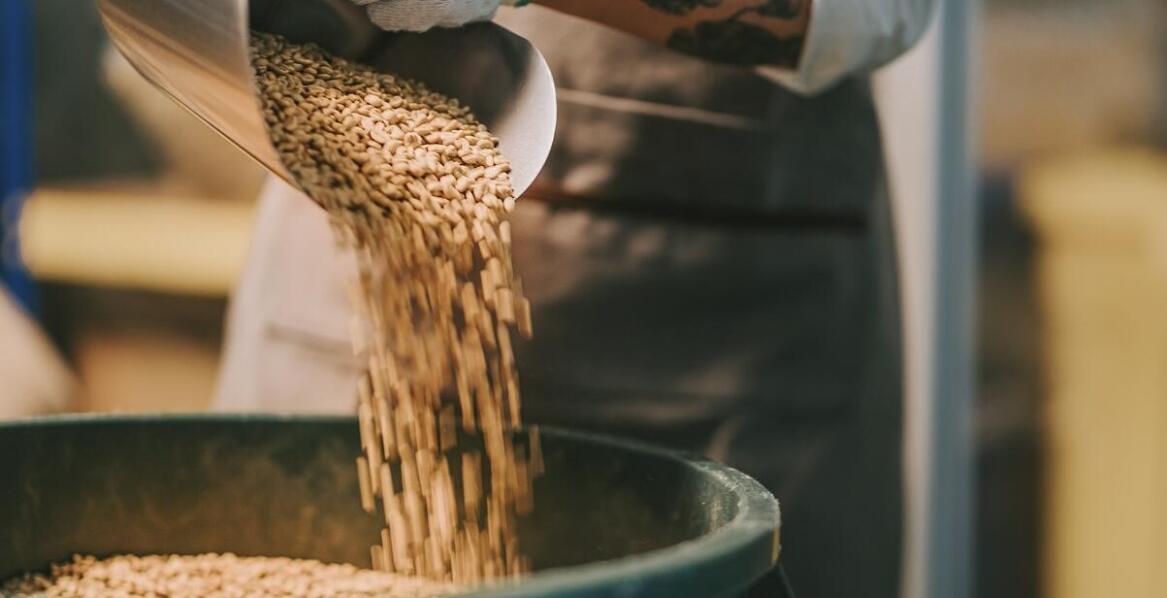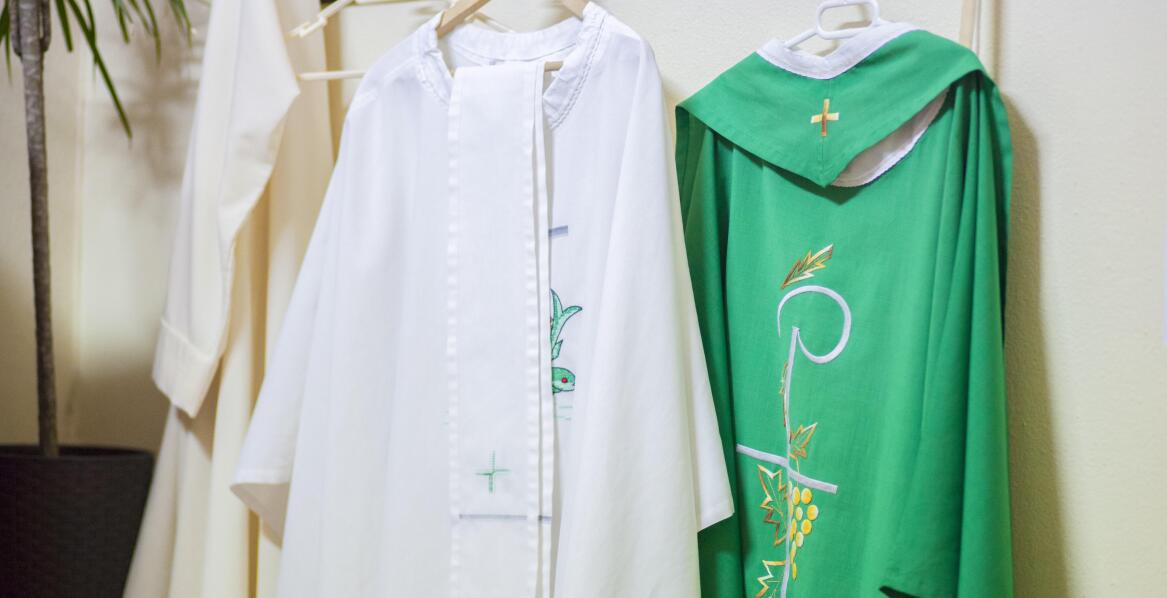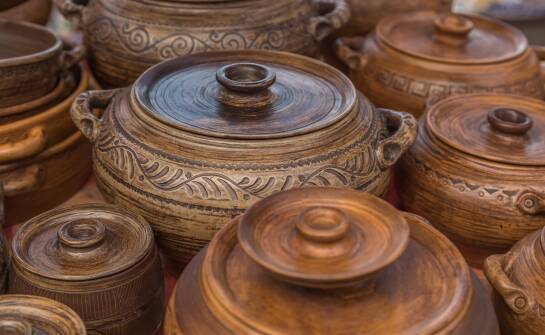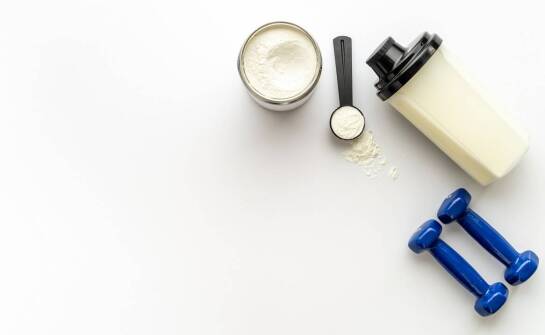Modern Features in Commercial Coffee Roaster Machine
Modern coffee roasting machines are revolutionizing the industry, enabling producers to offer unparalleled flavors and aromas. Thanks to innovative technologies, the roasting process becomes precisely controlled, which significantly impacts the quality of the final product. It is worth exploring the





